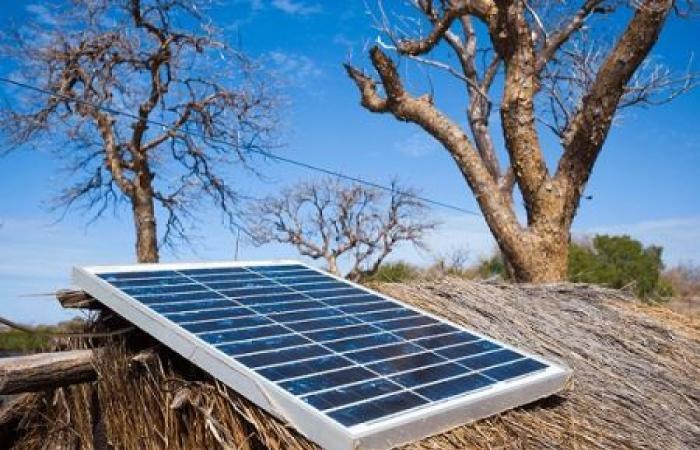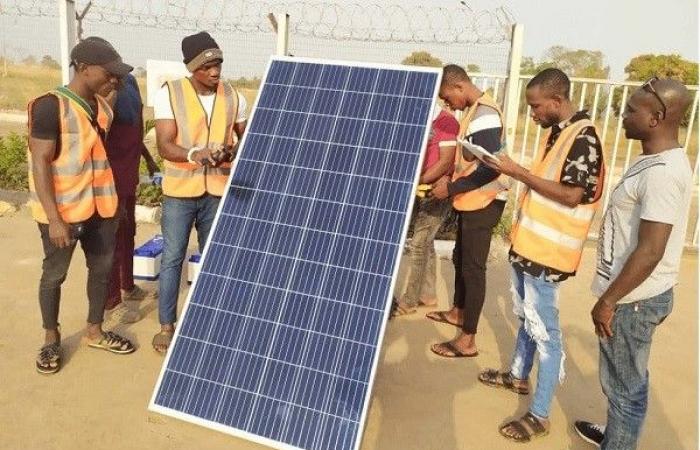(Ecofin Agency) – Faced with an energy crisis and rising fuel costs, Nigerians are adopting solar solutions for their homes. This shift marks a major change for a country traditionally dependent on diesel generators, which are expensive and harmful to the environment.
For decades, generators have been the default solution to the chronic inadequacies of Nigeria’s electricity grid. With energy supply only meeting the demand of 52% of the population, homes and businesses have relied on these devices to obtain intermittent electricity. However, the withdrawal of fuel subsidies in 2023 has led to a surge in prices at the pump, making the use of generators unaffordable.
“We spend a fortune to power our generators. Now that fuel is so expensive, we are looking for more affordable alternatives”explains Akin Olukiran, general manager of ABG-CAPS Clean Energy Generation, a company specializing in solar installations.
Despite the challenges of financing large solar projects, the market for micro-solar systems for homes has seen real breakthrough in recent years. According to the Global Off-Grid Lighting Association (GOGLA), sales of solar home systems between July and December 2022 recorded an increase of 46% compared to the first half of the same year, to stand at 928,000 units. These systems, capable of providing electricity for lighting and charging phones, are gradually replacing kerosene lamps and small generators.
At the same time, the report “Harnessing the sun: A roadmap for solar manufacturing in the Sahel” from the African Development Bank (AfDB) highlights another key factor: the cost of solar panels. Produced locally, Nigerian panels are 4% cheaper than those imported from China, thus promoting their adoption by a greater number of households.
The enthusiasm for solar energy is not limited to a simple response to rising fuel prices. It also creates employment opportunities. In Nigeria, solar companies employ thousands of salespeople, installation and maintenance technicians, etc. However, these are often trained informally, leading to frequent customer complaints about inadequate facilities.
For Siré Diallo, climate finance expert at the United Nations Development Program (UNDP), current progress should not obscure an urgent need to strengthen training programs. Indeed, Africa is the region with the fewest qualified professionals along the renewable energy value chain. In 2023, the region had only 320,000 jobs in renewable energies, or 2.34% of jobs recorded in the sector globally, according to a report from the International Renewable Energy Agency (Irena) in collaboration with the International Labor Organization (ILO).
Despite a still slow transition, Nigeria’s solar potential remains immense. A $750 million program approved by the World Bank aims to improve access to electricity for 17.5 million Nigerians, with a focus on microgrids and solar home systems.
Olivier de Souza
Read also:
06/16/2023 – In West Africa, sales of solar home systems increased by 109% in the second half of 2022 (report)







